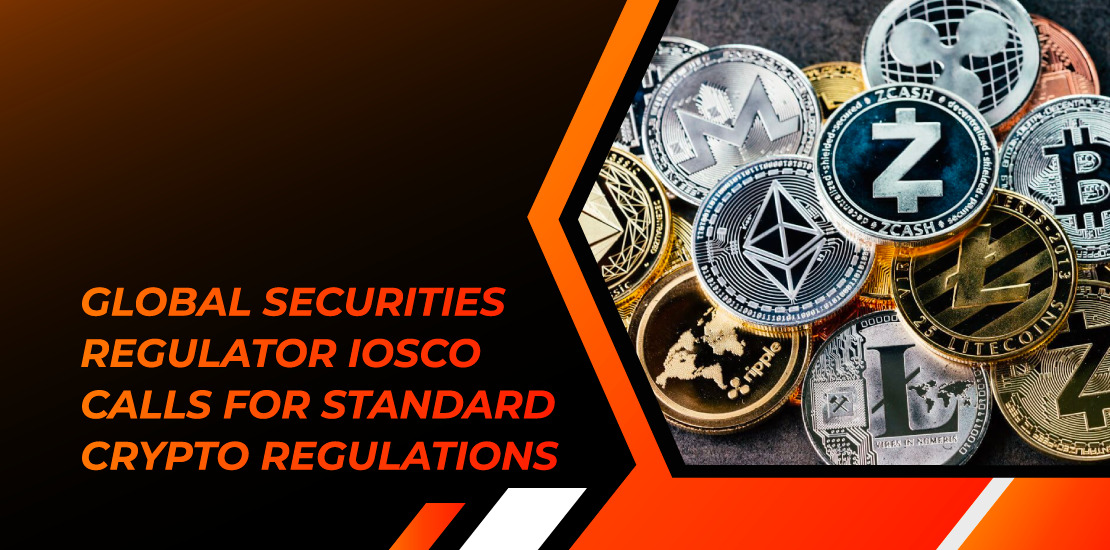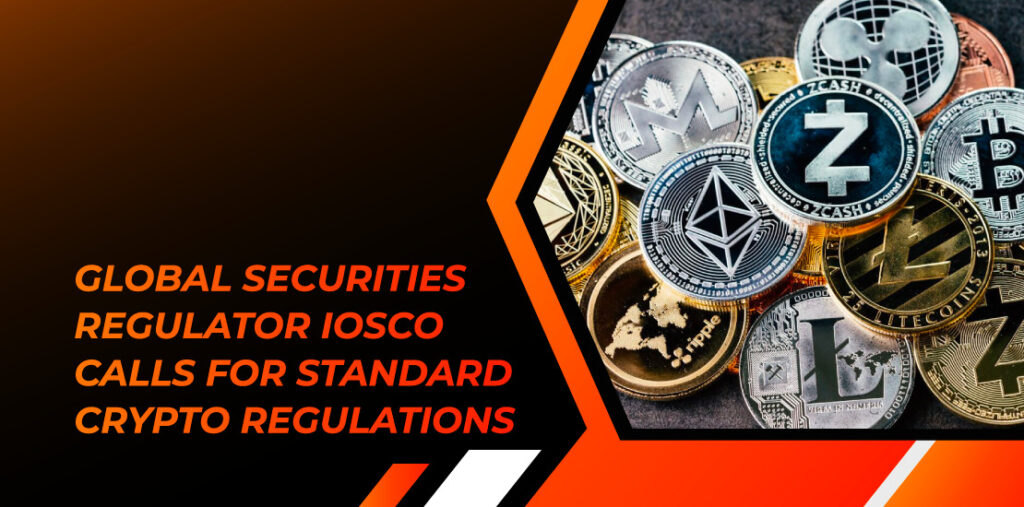- May 28, 2023
- Posted by: [email protected]
- Category:


The International Organization of Securities Commissions (IOSCO) has urged regulators worldwide to assess the suitability and effectiveness of their regulatory frameworks for cryptocurrencies and determine whether they can serve as substitutes for regulated financial instruments. IOSCO, founded in 1983, is a global institution responsible for regulating securities and futures markets globally. Its Board of Directors, which includes the US Securities and Exchange Commission (SEC) and the Commodity Futures Trading Commission, oversees and sets standards for its members.
The SEC, as one of the IOSCO Board’s active members, stressed that IOSCO members control more than 95% of the world’s securities markets. One of the primary roles of the IOSCO Board is to examine significant securities regulatory matters and develop appropriate policy responses.
While IOSCO called for a regulatory balance between traditional finance and the crypto industry, some of its members have faced criticism for not providing sufficient clarity regarding crypto regulation. Congressman Tom Emmer, known for his pro-crypto stance, criticized SEC Chair Gary Gensler for his approach to cryptocurrency regulation, accusing him of being a “bad faith regulator.” Emmer cited obvious anomalies in the SEC’s crypto regulation, which purportedly resulted in the authority missing major crypto sector failures including Terra, Celsius, Voyager, and FTX.
IOSCO’s recommendation to regulators emphasizes the need to analyze the adequacy of existing crypto regulatory frameworks and assess their applicability as substitutes for regulated financial instruments. This advice applies to all sorts of crypto assets, including stablecoins such as Tether (USDT), which attempts to keep its value constant at $1.00.
IOSCO hopes to create a balanced and comprehensive approach to crypto regulation by encouraging regulators to address these factors. While the organization consists of prominent securities regulators, criticisms have been raised about certain members’ lack of clarity in their crypto regulations. The involvement of lawmakers like Congressman Emmer highlights ongoing debates surrounding the appropriate regulatory measures required for the crypto industry.



